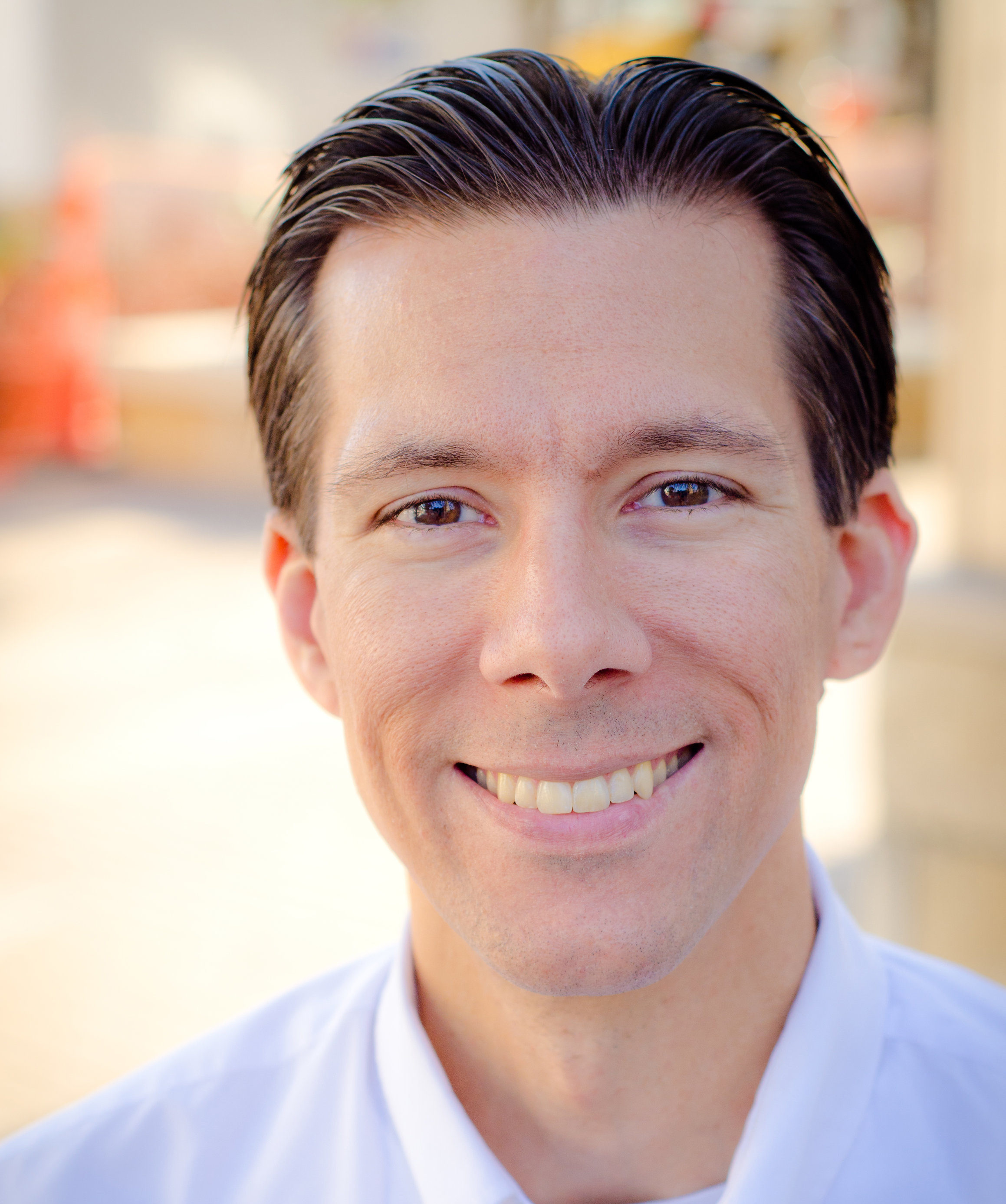“The Hong Kong thing is a very tough situation. Very tough,” Donald Trump said on Tuesday. “We’ll see what happens. But I’m sure it’ll work out. I hope it works out for everybody, including China. I hope it works out peacefully. I hope nobody gets hurt. I hope nobody gets killed.”
The “Hong Kong thing” is a series of ongoing protests since March by hundreds of thousands of Hong Kong residents against a bill that would effectively extend mainland Chinese jurisdiction over the whole of the special administrative region. Since its transfer from the United Kingdom in 1997, Hong Kong has enjoyed some measure of autonomy, home rule, and greater freedom than the rest of China. That status is now endangered.
If that was too complicated, here is the simplified version: T
What can the US government do in situations like this? Very little, unless we want to risk escalation into an international crisis or war. But what can the US government say in cases like this? Quite a lot. The president of the United States has the loudest megaphone in the world. He should use it.
Freedom
The best of American political rhetoric echoes this truth. From Franklin D. Roosevelt’s “Four Freedoms,” to the Truman Doctrine, John F. Kennedy’s promise to “pay any price,” Ronald Reagan’s speech at Westminster and, later, before the Brandenburg Gate, American presidents have long understood and exploited the power of moral clarity.
Scholars are often embarrassed by policymakers’ simple and earnest appeals to truth, justice, and the American way, but they should recognize that authentic and winning appeals to liberal ideals are strategically savvy marketing efforts. They help sustain brand awareness and keep it in circulation for each new generation.
This is true even when our actions fail to meet our words. George H.W. Bush infamously soft-pedaled his response to China’s crackdown on democracy protesters in Tiananmen Square in 1989, including by vetoing sanctions on China and vetoing a bill providing asylum to the protesters. Nonetheless, even Bush knew the right words to say:
We deplore the decision to use force, and I now call on the Chinese leadership publicly, as I have in private channels, to avoid violence and to return to their previous policy of restraint. The demonstrators in Tiananmen Square were advocating basic human rights, including the freedom of expression, freedom of the press, freedom of association. These are goals we support around the world. These are freedoms that are enshrined in both the US Constitution and the Chinese Constitution. Throughout the world, we stand with those who seek greater freedom and democracy.
President Barack Obama, when faced with the Green Revolution in Iran in 2009, wasted an opportunity to put any significant pressure on Iran because of he did not want to jeopardize what eventually became the 2015 nuclear deal. Nonetheless, even he said (belatedly):
The United States and the international community have been appalled and outraged by the threats, the beatings, and imprisonments of the last few days. I strongly condemn these unjust actions …
I’ve made it clear that the United States respects the sovereignty of the Islamic Republic of Iran, and is not interfering with Iran’s affairs. But we must also bear witness to the courage and the dignity of the Iranian people, and to a remarkable opening within Iranian society. And we deplore the violence against innocent civilians anywhere that it takes place.
I’ve chosen two examples of presidents whose handling of overseas protests was markedly poor, who did little because of their misguided desire to avoid offending autocratic powers. But even their poor performance was marked by statements of moral clarity about the goodness of freedom and the evil of tyranny.
Trump understandably does not want to alienate China over human rights when he is trying to get their cooperation against North Korea and pressure them into trade concessions.
However, two things are worth noting.
First, the strategic calculation could just as well work the other way around: Trump could gain leverage against China in trade and North Korea by increasing diplomatic pressure against them in Hong Kong. Trump’s theory of diplomacy with China seems to be: be nice and hope the other guy will reciprocate. That’s odd considering that his strategy with allies and real estate partners seems closer to the opposite: demand everything and take no prisoners. I happen to think the latter approach is the right one when dealing with totalitarian dictatorships.
Second, Trump’s failure (so far) to give rhetorical support to the Hong Kong protesters or to condemn China’s crackdown is not an aberration for him. One of the distinctive aspects of Trump’s presidency is how rarely he invokes the principles of freedom, liberty, or democracy and how openly he admires dictators.
As I’ve written before, when compared with past presidents, Trump is one of the least committed presidents to the rhetoric of freedom in history. It matters because words matter. Even if the US is powerless to do much about Hong Kong, we can at least speak with honesty and clarity about right and wrong. If you want to preserve a system of liberty at home and abroad, our president should talk up the importance of these values, not ignore them.






